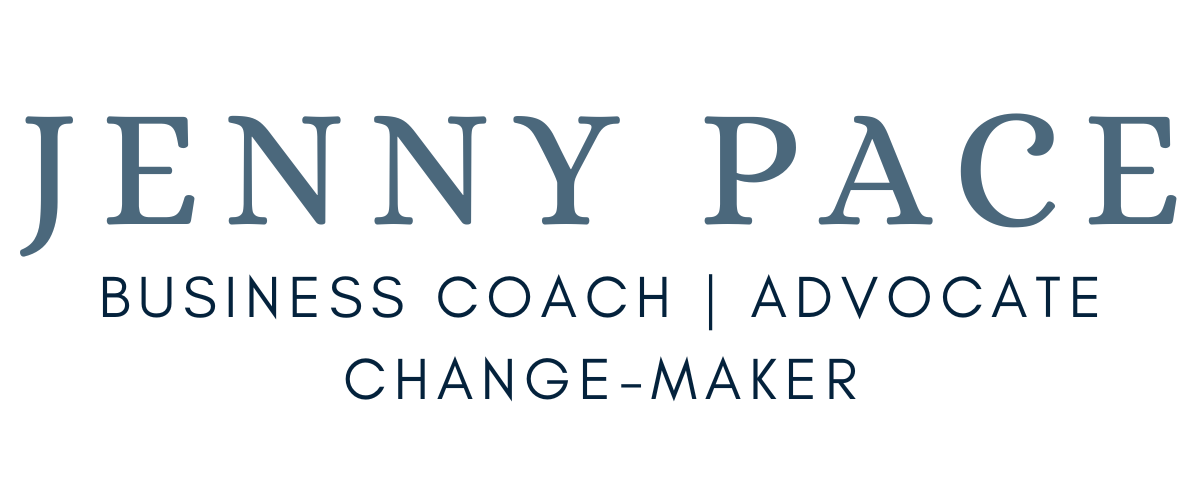
We live at number 13.
I was opening an account with a company recently and on giving them my address, the representative said, “Oooh, unlucky!” Never one to miss an opportunity to share a different way of thinking, I replied, “Not for me.”
What kind of life would I be living to believe that the very home I live in – the one I work hard to create and maintain, the one that supports my family and my business – is unlucky?
That life would be one in which I sit and sulk, hear spooky noises around every corner, jump at the post coming through the letterbox, and generally whine and moan about how things are.
Unlucky could become the story I tell myself, the one I play out from day to day, whether it’s that the milk’s gone off, or that my Instagram post hasn’t reached enough people.
It’s just me. I’m just unlucky.
That’s not I life I lead, though it is one whose shadow has dimmed the light a few times. I’m no stranger to that feeling that nothing’s quite going to plan, that I’m not quite winning. What I’ve learned and come to know is that luck has very little to do with it.
What is luck anyway?
For me, luck is:
(opportunity + visibility) x courage
Especially true in business, there is no magic formula for success, though we know the factors involved. When we create things (products, services) people want and need, when we share them, and when we exchange money for value, business is born.
But the laws of the universe mean that step one and step two don’t always lead to three. We have to get “lucky”.
And that means seeing an opportunity (o + v) and having the courage to act accordingly (x c).
It’s seeing an enquiry pop into your emails and picking up the phone straight away, because this looks like a good one.
It’s telling a story, having that story spotted by a journalist, and saying yes when they ask you for more.
It’s making a space for your creations (or products or services), and knowing that when someone asks you to fulfil an order, you can.
We make our own luck. We plan, and create, and stategise, yes. But we also build belief in ourselves and our creations.
Here’s something true: you can work as hard as you like, sacrifice everything, but if the work isn’t aligned with what you and your customers want and need, or if you don’t believe in the luck equation, you’re not going to get lucky. Not this time.
There’s a whole other post for another day on believing in yourself, and I do believe that’s the courage part of the equation, but just for today, let’s focus on building a lucky mindset.
What do I mean by a lucky mindset? Well, it’s the opportunity and visibility part of the equation. If you’re in your own equivalent of living at number 13, and therefore feeling cursed or unlucky, it becomes incredibly hard to see the opportunities and luck available to us.
And let me say here that your “number 13” story could be anything. I use my example because I hope that you can see that living at number 13 isn’t inherently unlucky. It’s a house number! Well, ditto many of the stories we tell ourselves.
Maybe your story is that you didn’t go to university, or that you’re dyslexic, or that you’re just plain stupid. Maybe you tell yourself that you’re not creative enough, or not “business minded” enough – these are all versions of your very own “number 13” stories.
The lucky mindset is telling a different story – one that lets us see possibility, meaning, purpose, and truth. And, crucially, a story that allows us to know that we can create our own luck. We can do great things despite no university, being dyslexic, or being told that we’re stupid.
If we create our own luck, one of the things we need to know is what “lucky” means to us. If we’re going to spot opportunities, we need to know what we want them to look like.
Here are some questions for you:
- How would lucky feel to you, tomorrow? If you woke up and had the luckiest day of your life, what would it look like? How would it feel?
- When was the last time you felt lucky? What was it like? How did you get lucky?
- What makes you feel unlucky? Do you often tell yourself that you’re unlucky, doomed, or fundamentally flawed? How ready are you to let go of your “number 13” story, whatever it may be?
My dream for you is that you start to feel lucky – not in a fairy godmother way, but because you are wise and talented and worthy of building your business. And because you’ve learned how to see opportunity, and how to have the courage to take it forward.
So start by answering the questions. Dig into them. Talk to a mentor or coach or friend about them. Write them down. Jot your answers in the comments or email me. Let’s figure out what lucky is for you so that you can spot it when it’s knocking at your door.
My door’s number 13. Lucky for all.




